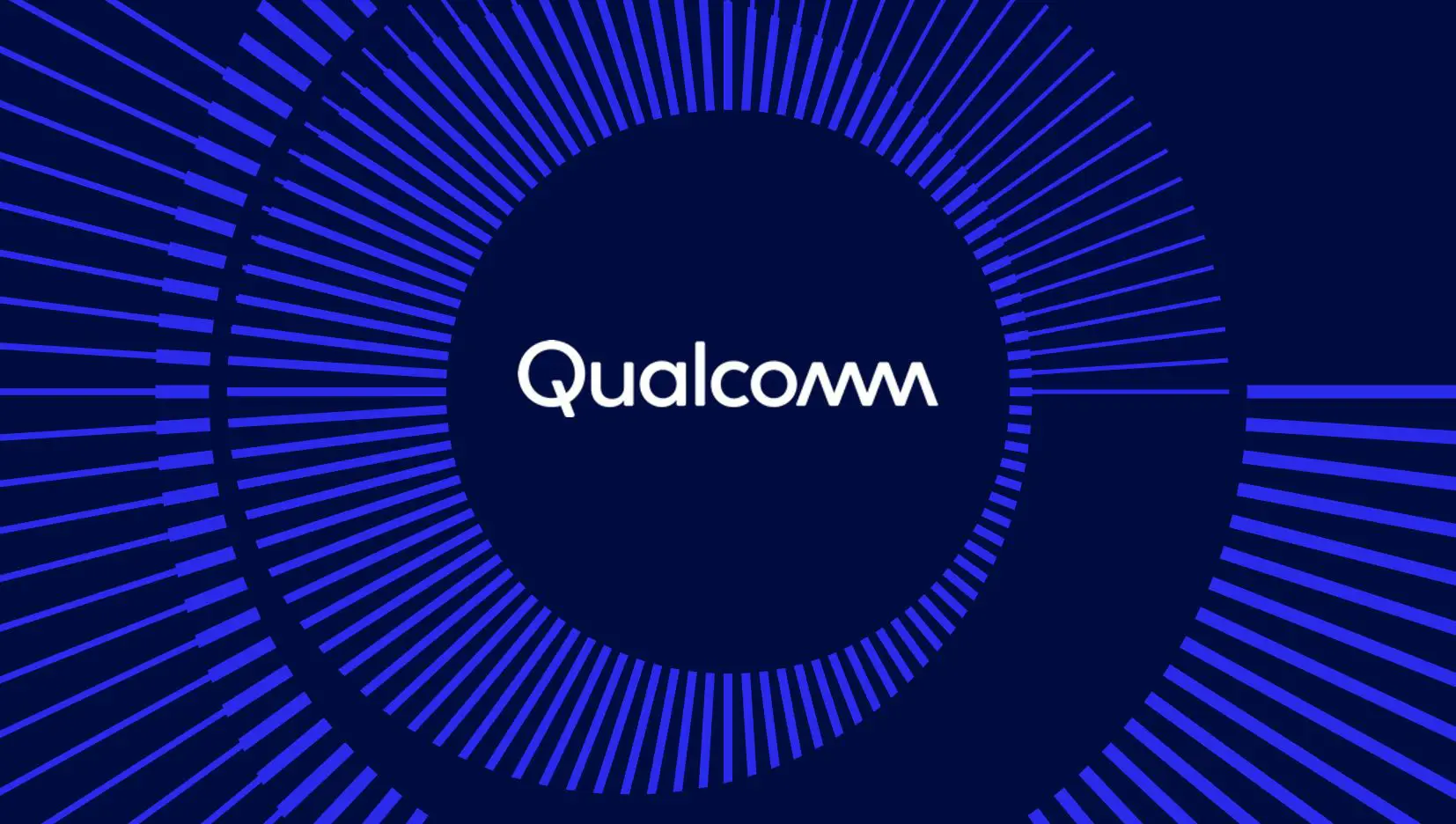Qualcomm is charged with a major class-action lawsuit brought by a consumer rights group, heading to court this week in the UK.
One of the reasons behind filing this lawsuit is that Qualcomm allegedly abused its dominant market position to charge inflated licensing fees to other manufacturers, such as Samsung and Apple, which raises the budget concern among consumers, as it was then passed on as higher smartphone prices.
In case the lawsuit is successful, millions of consumers in the UK will benefit, as all the consumers who bought an iPhone or Galaxy smartphone between October 1, 2015, and January 9, 2024, could receive a share of a potential £480 million payout, which is around an average of about £17 per phone.
However, Qualcomm is a strong contender, as it has already faced this kind of accusation in the past and also beat a kind of similar case filed against it in 2017 in the US. Reportedly, the Federal Trade Commission (FTC) filed an antitrust case against Qualcomm for using its position to force smartphone brands into paying specific license fees or not be able to use particular crucial components, creating exclusive deals, and holding back licenses from competitors.
Although the case was quite chaotic, with an initial win in 2019 for the FTC, it was reversed in the US Court of Appeals in 2020, when the FTC decided against taking the case to the Supreme Court. Unfortunately, in 2024, in the European Union, it lost a case right after being found guilty of pricing components below cost to price out the competition.
In case you own a Samsung or Apple device purchased during the following period, then, according to the lawsuit, you use a UK opt-out regime, meaning you are automatically included in the claim without requiring you to take any legal action, and thus you would be eligible if the case succeeds.
Here’s a ‘website’ for consumers who purchased a Samsung or Apple smartphone between the relevant dates to check if they are part of the class action. There are several Galaxy devices, from the Galaxy A5 to the Galaxy S20 Ultra. While iPhones are covered from the iPhone 5S to the iPhone 11 Pro Max.
